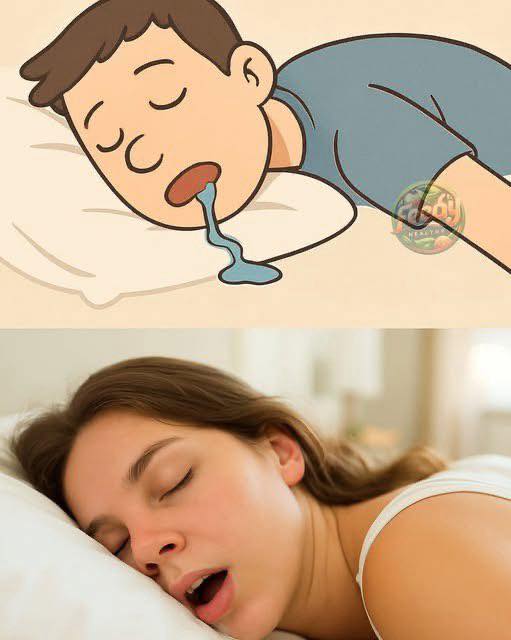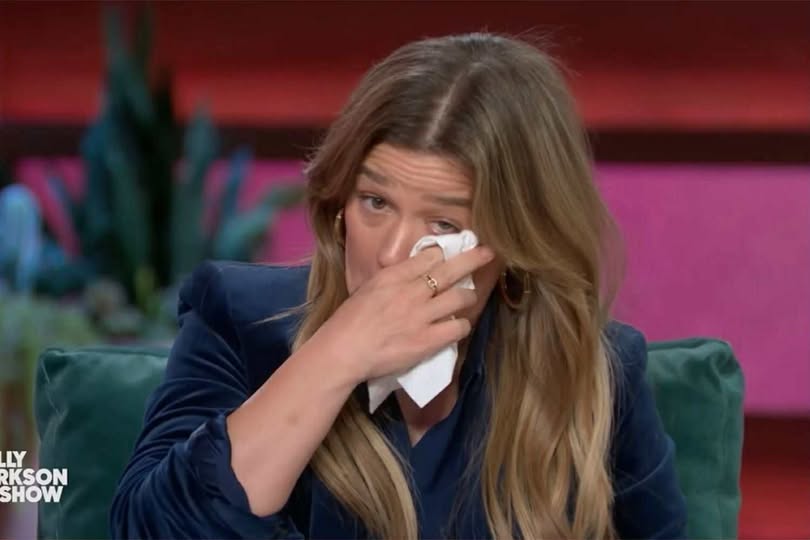Drooling during sleep is something that many people experience at some point or another. It’s a surprisingly common phenomenon and, in most cases, it’s completely normal. You might wake up in the morning with a small puddle on your pillow or find a bit of saliva on your cheek and simply brush it off, thinking it’s just part of sleeping. But sometimes, drooling can be more than just an innocent accident. It can be linked to certain health conditions, sleep habits, or other factors that might require a little more attention or awareness.
Understanding why drooling happens during sleep begins with knowing how our bodies behave when we’re in different stages of sleep. During deep sleep, especially during a phase called REM sleep—when most dreaming occurs — the muscles in our body tend to relax completely. This widespread relaxation affects not only our limbs but also the muscles of the face, mouth, and jaw. When these muscles relax, the mouth may slightly open without us realizing it, and saliva, which is normally kept in check by muscle tone, can flow out more freely. It’s almost like the mouth becomes a little fountain, letting saliva escape while the body is in rest.Now, for many people, this isn’t something that’s bothersome or disruptive; it’s just a natural part of the sleep cycle. They wake up with their pillow a little damp but feel refreshed and don’t see any reason to worry. It’s when drooling becomes excessive or is associated with other symptoms that it might warrant a closer look. For example, if you notice that drooling occurs frequently, or if it’s accompanied by difficulty swallowing, mouth pain, or other unusual signs, it may be worth exploring further.
There are various causes for drooling during sleep, some benign and others more serious. One common reason is simply the position in which someone sleeps. Sleeping on your stomach or side with your face pressed against the pillow can make it easier for saliva to escape, especially if your mouth is slightly open. If you tend to sleep with your mouth open, whether because of nasal congestion or just habit, this can lead to increased drooling. Plenty of people might have a cold or allergies that block their nasal passages, forcing them to breathe through their mouth, which then leads to more saliva escaping during sleep.
Another factor to consider is sleep apnea—a condition where breathing temporarily stops and starts during sleep. Many individuals with sleep apnea breathe through their mouth because of nasal congestion or airway obstruction, which can increase the likelihood of drooling. Sometimes, people unaware they have sleep apnea might see their partner or family members noticing loud snoring or pauses in breathing, and drooling can be an added sign.
Beyond sleep position and airway issues, other health conditions can contribute to excessive drooling during sleep. Neurological conditions such as Parkinson’s disease, Alzheimer’s, or esophageal disorders can interfere with muscle control and swallowing, which may lead to difficulty managing saliva. Sometimes, medication side effects, especially drugs that cause dry mouth or muscle relaxation, can also play a role.
It’s also worth mentioning that some children and babies drool excessively, especially during teething or when they’re still learning to coordinate their swallowing muscles. For adults, persistent drooling is less common but can still occur due to issues like dental problems, stress, or certain medical conditions that affect muscle tone and control.
While most instances of nighttime drooling are harmless and might simply be linked to temporary factors like sleeping position or congestion, knowing when it could indicate something more serious is important. If drooling is sudden and severe, if it is accompanied by difficulty swallowing or breathing, or if it’s part of a pattern that disrupts sleep quality significantly, it’s a good idea to consult a healthcare professional. They can evaluate for underlying conditions such as sleep apnea, neurological issues, or dental problems that might be causing or exacerbating the drooling.
It’s also worth noting that some people are simply more prone to drooling than others due to the natural strength or relaxation of their facial muscles. In these cases, managing drooling might involve sleep position adjustments, nasal decongestants, or even mouth exercises to improve muscle tone, but these are considerations best discussed with a healthcare provider.
In most cases, a little drool during sleep isn’t something to worry about—it’s just your body’s natural response during deep muscle relaxation. Sometimes it’s an amusing reminder that even while we’re resting, our bodies are active in ways we don’t always notice. But remaining mindful of how much or how often it happens, especially if it starts to interfere with your sleep or daily life, can help you decide whether to seek professional advice. In the end, understanding the what, why, and when of drooling can help you sleep more peacefully and worry less, knowing that in most cases, it’s simply part of the natural, fascinating way our bodies operate during rest.

